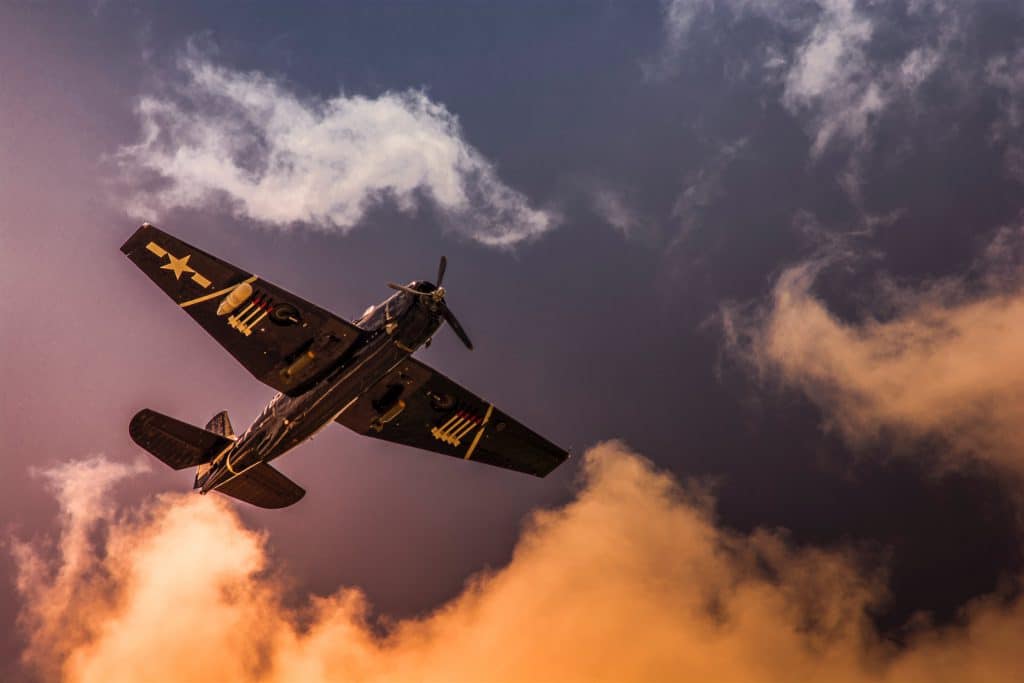
A Centennial to remember
Hannah Bridges, Contributing Writer
“Germany did what?” President Wilson asks incredulously.
“Sir, they’ve sent a telegram. The British intercepted it.” President Wilson reaches for the piece of paper clutched in his aid’s hand, alarm written across his aging profile. He reads the telegram. Once, twice, three times. He casts the wrinkled piece of paper onto his desk, rubbing his eyes resignedly. This means war.
In the months and years to follow, this particular telegram became known as the Zimmerman Telegram, one of the main catalysts that plunged America headfirst into the First World War. Sent in 1917, the correspondence took place between Germany’s Arthur Zimmermann and Heinrich von Eckhart, a foreign ambassador stationed at the German embassy in Mexico.
Germany planned to initiate a war between the United States and Mexico so that the United States would abandon their continuous program of aid for the United Kingdom. In January of 1917, however, British cryptographers intercepted the telegram intended for von Eckhart and presented it to President Wilson the very next month. That March, the American public learned of the existence of the Zimmerman Telegram, and, on April 6, 1917, Congress declared war against Germany, thus pulling America into the war they had spent so long trying to avoid.
Several wars and periods of unrest have occurred since the First World War came to a screeching halt in 1918. Why then is it important to remember this war as we pass the centennial of America’s entrance on April 6, 2017?
The First World War did not bring the peace that the world so desperately sought for. In fact, the war was only a precursor, a moment of foreshadowing, for what was to come. The importance, though, lies in not what was accomplished but in the sacrifices made in the process.
During the war, average American men ranging from ages 18 to 40 were drafted into the military, some actually heading to the front while others remained at home, ready to fight if necessary. Over 100,000 American individuals lost their lives in the First World War, and the number of casualties worldwide far exceeds that number.
The war also had an intense effect upon American literature. Researcher Caroline Wilson says that “The war’s extreme brutality led to an outpouring of literature concerning its conduct and effects that began with the war poets themselves, extended through the interwar period, and reappeared periodically throughout the twentieth century.” American authors such as Ernest Hemingway, who experienced the war firsthand as an ambulance driver, introduced new themes into literature, capturing the overall feeling of hopelessness that took hold of many individuals emerging fresh from the war.
President Woodrow Wilson once described the First World War as “the war to end all wars.” As Americans living 100 years after the war took place, we know that Wilson’s claim proved to be faulty. The sacrifices made during the war and the affects it had upon society in realms such as literature, however, are very real and must be remembered to honor the memory of those who have come before us.

